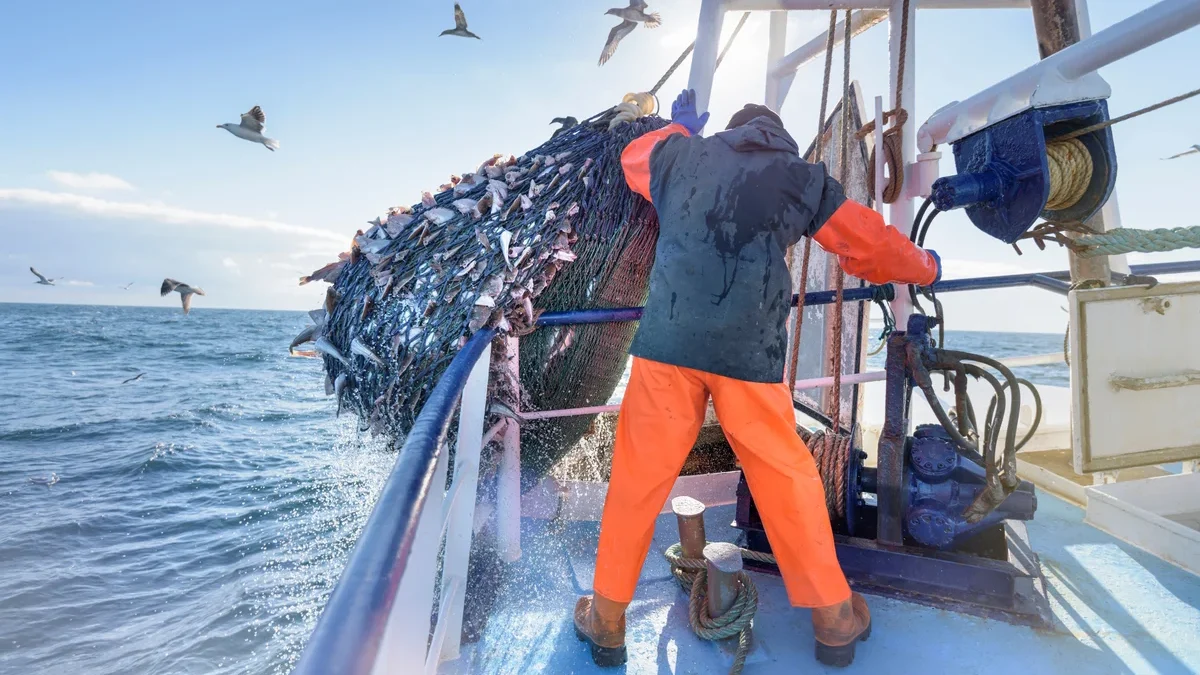The Fishing Industry: Pioneering Sustainable Practices with AI
The fishing industry has undergone significant transformation over the last decade, increasingly prioritizing sustainable practices. With the integration of Artificial Intelligence (AI), these practices have become more refined and efficient. How is AI navigating this change? Let’s delve into the dynamics of the fishing industry, focusing on how AI is promoting sustainability.
Understanding the Role of AI in Sustainable Fishing
Artificial Intelligence is revolutionizing the fishing industry. By leveraging cutting-edge technology, it helps minimize environmental impact while enhancing productivity. AI not only aids in managing resources efficiently but also ensures the industry’s long-term viability.
AI-Driven Sustainable Practices
- Real-Time Monitoring: AI applications provide real-time data on fish populations and ocean conditions, enabling timely decision-making. This data-driven approach allows fisheries to maintain sustainable catch levels and protect endangered species.
- Predictive Analytics: With machine learning algorithms, AI predicts fishing patterns and the movement of fish stocks. This foresight helps fisheries adapt quickly, reducing waste and improving yield.
- Automated Processes: From sorting catches to optimizing routes for fishing vessels, AI automates manual tasks. This efficiency reduces fuel consumption and minimizes bycatch, supporting eco-friendly practices.
The Benefits of AI-Powered Sustainability
What makes AI a pivotal force in sustainable fishing? Here are some compelling benefits:
- Enhanced Marine Biodiversity: By preventing overfishing, AI systems contribute to the preservation of marine life.
- Cost Efficiency: Automating operations reduces operational costs and increases profit margins, enhancing economic sustainability.
- Resource Management: AI aids in the precise allocation of resources, ensuring they are used responsibly.
Key Challenges and Considerations
While AI presents numerous advantages, it also comes with challenges. What obstacles might impede its adoption in the fishing industry?
Technical and Ethical Hurdles
- Access and Infrastructure: Some regions lack the technological infrastructure to fully implement AI solutions.
- Data Privacy: Collecting data across ecosystems necessitates stringent data protection protocols.
- Cost of Implementation: High initial investment in AI technologies can be a barrier for small fisheries.
However, with increasing accessibility and investment in technology, these challenges are gradually being overcome.
Real-World Applications and Success Stories
The application of AI in sustainable fishing is not just theoretical—it’s actively making an impact. For instance, highlights a Canadian company using AI to cutillegal fishing by 40%. AI-powered drones monitor vast ocean expanses, gathering data and alerting authorities to unauthorized activities.
Similarly, a Norwegian fishing giant employs AI to sort fish by species automatically, significantly minimizing bycatch and preserving marine habitats.
Future Prospects: A Smarter and Greener Horizon
As AI continues to evolve, its role in the fishing industry will expand. Imagine a world where fishing operations are not only more profitable but also help regenerate ocean resources. Isn’t that the sustainable future we all hope for?
It’s crucial for fisheries to embrace these advancements, ensuring a balance between meeting human needs and conserving our planet.
You may also like: Introducing OpenAI o1: The Latest AI Model Transforming AI with Human-Like Reasoning and Problem-Solving
Conclusion: Embracing AI for a Sustainable Future
The primary takeaway from this exploration is clear: AI is pivotal in driving sustainable practices within the fishing industry. By facilitating smarter operations, promoting biodiversity, and ensuring resource management, AI ensures that the industry can thrive without compromising our oceans.
Are you ready to explore how AI can transform other sectors? Share your thoughts in the comments below, and don’t forget to share this article if you found it insightful.
Sustainable practices guided by AI are not just a trend but a necessary evolution for a healthier planet and a prosperous future. Join the conversation and the movement towards a sustainable fishing industry today!





